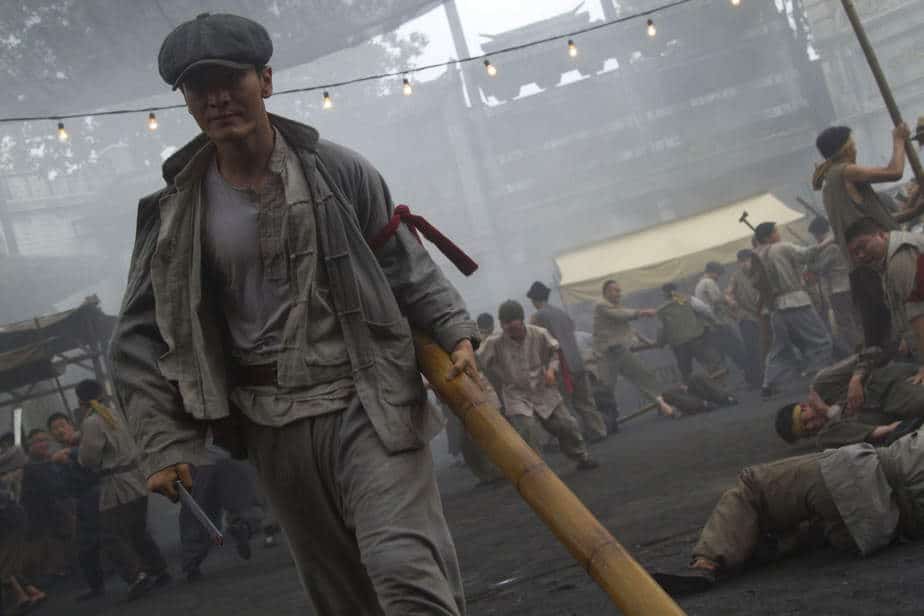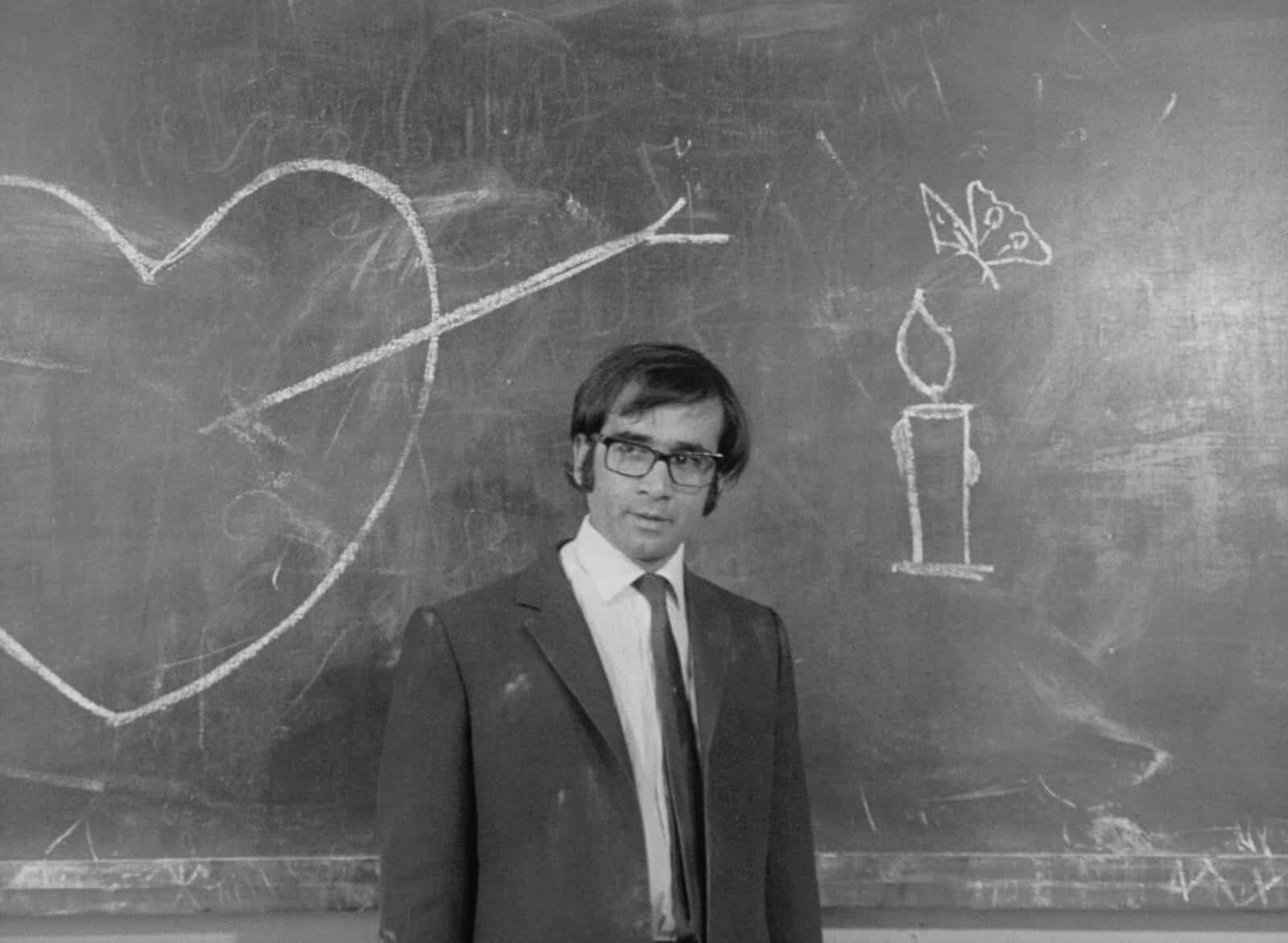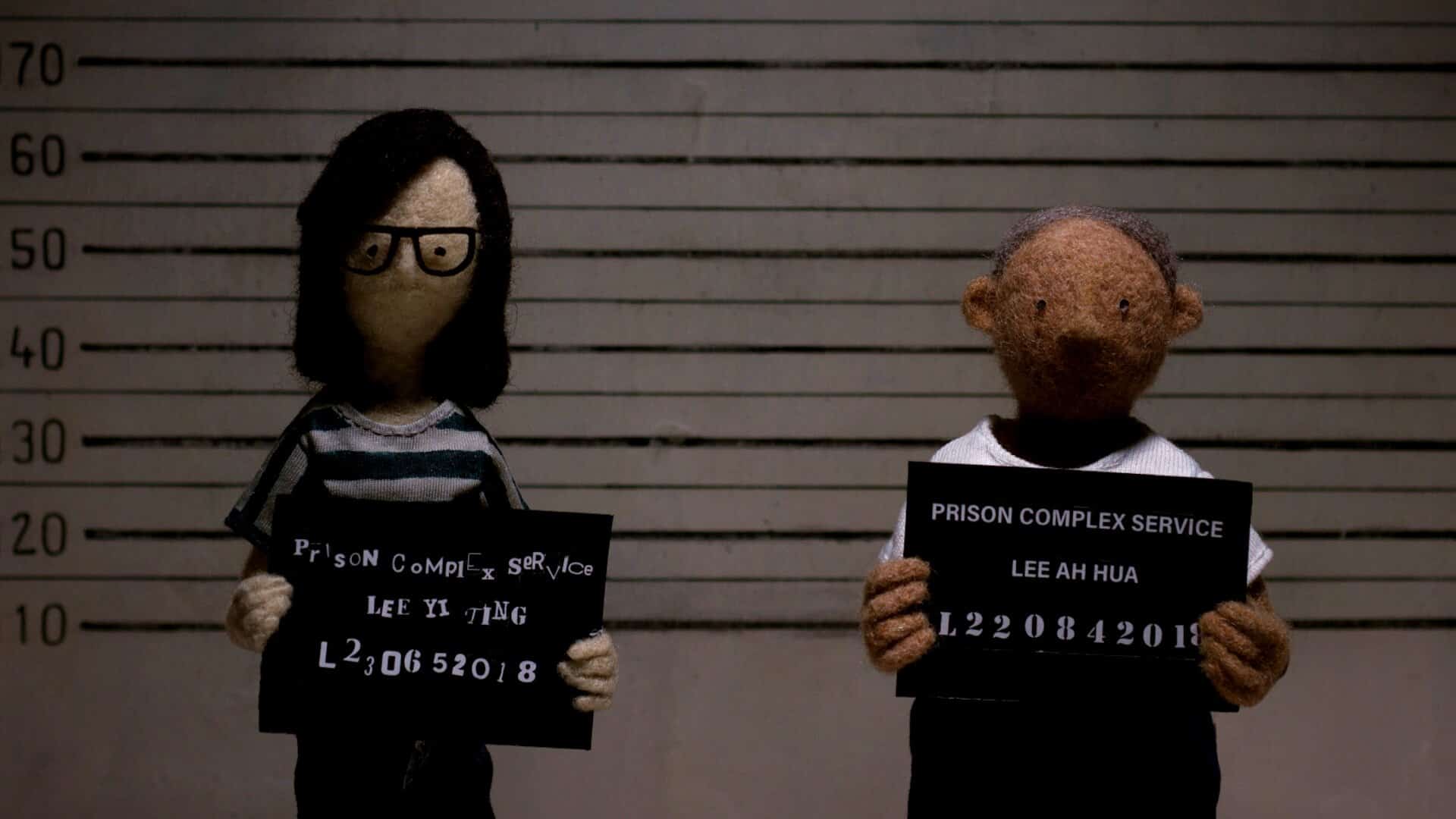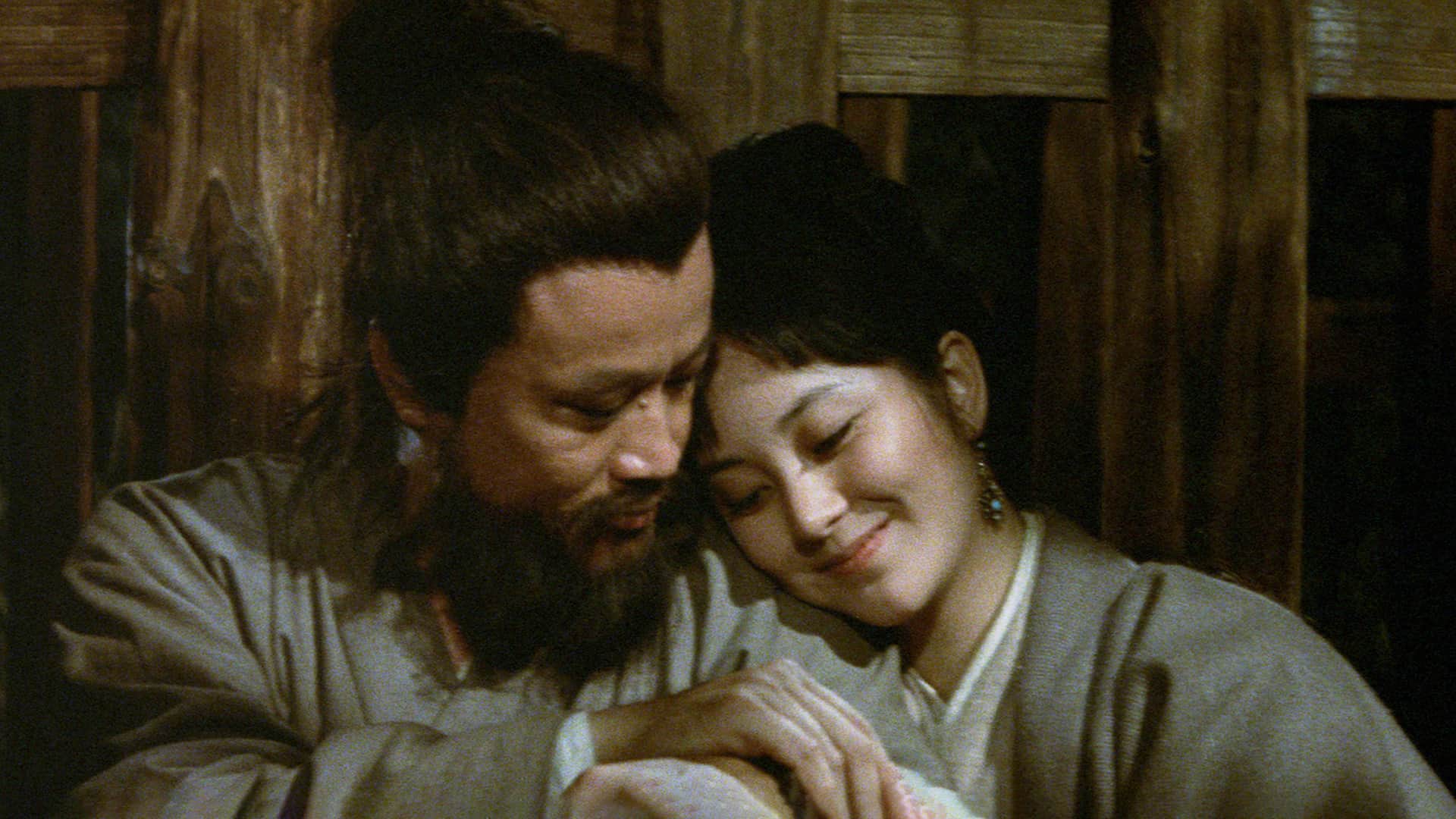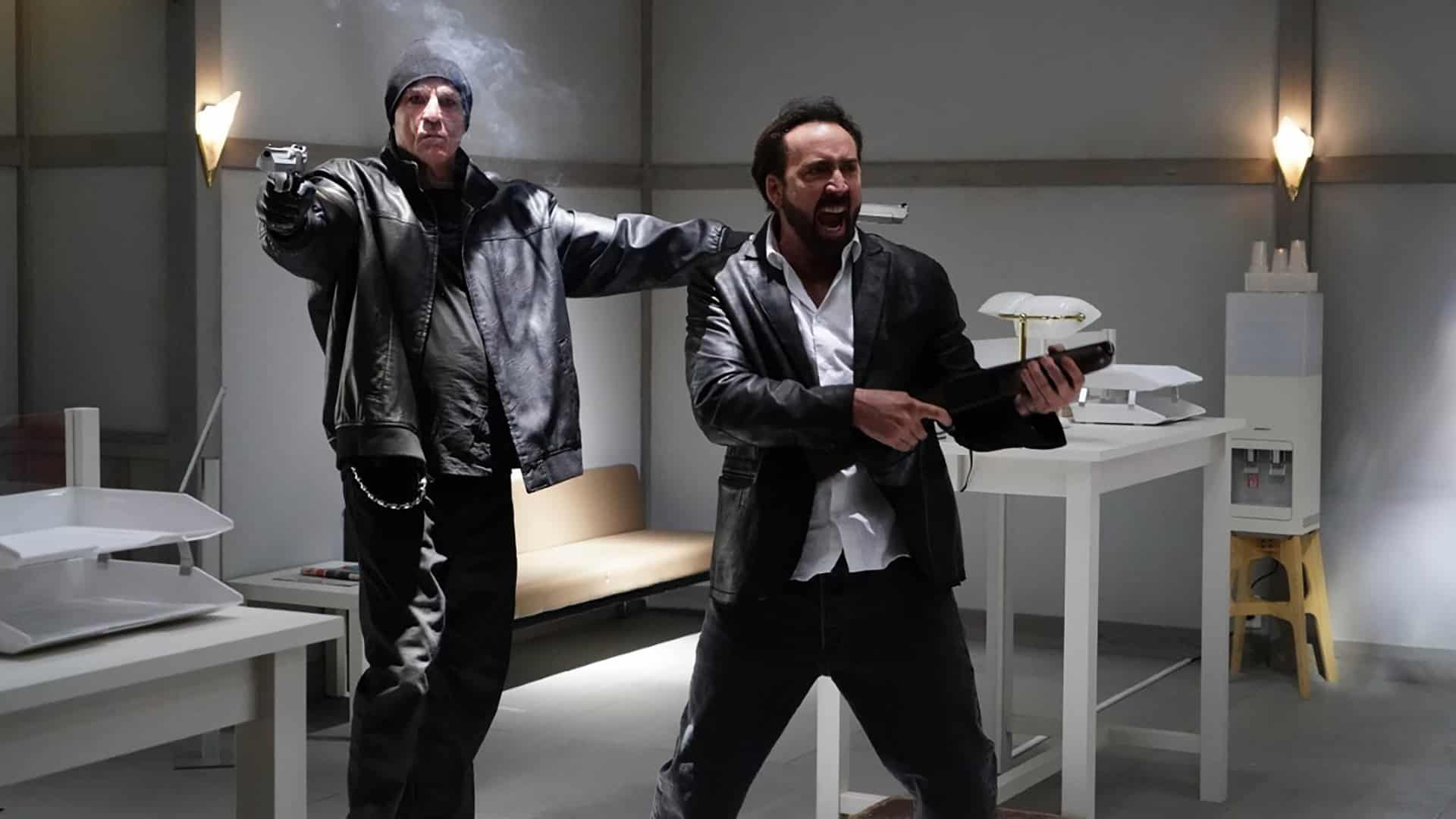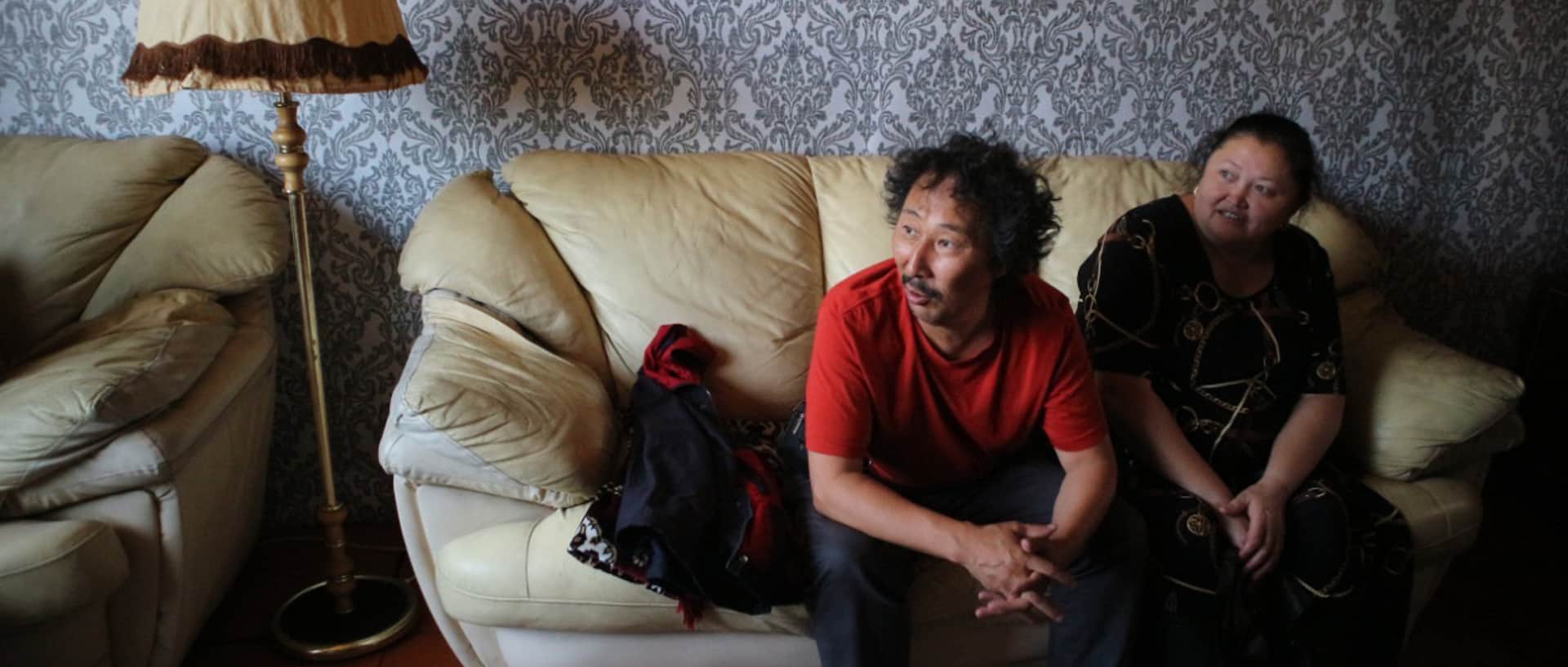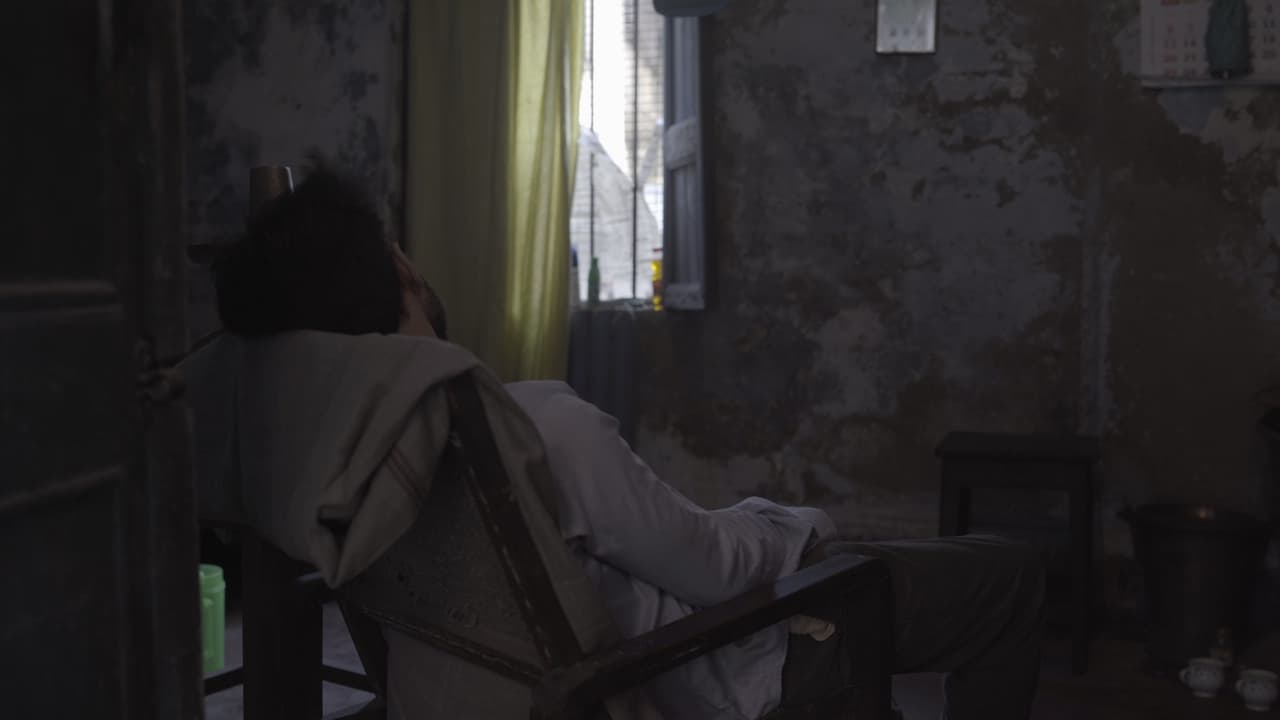‘The Last Tycoon' is a prestige gambit. By the look of his last film, Jing Wong wants to leave his comfy position in Pulptown and is going all out for a big name in Movieland. I get his logic: he needed an “instant classic”. The thing is, “instant coffee” isn't “coffee”. And, moreover, no one ever made a classic: that's time's (you know, that thing that can't be stopped) business. There's no trick in writing, directing, editing, or any other film-making discipline that can make a classic on its own, and finding the right combination of all of them is neither something you can learn nor something you can plan. I'm not going to pretend I can tell what time will do with ‘The Last Tycoon'… but I'm willing to bet it will fade away soon, and I'm hardly a gambler.
The film obviously wanted to be big, arching through a large stretch of time, portraying a Mafia style melodrama played out against a Japanese invasion background, using a lot of knife fights, shoot-outs and explosions which aim to move all of us into tears with deep emotional moments… That's quite a lot of bread to cover, which in turn needs a lot of butter to spread on it. But butter volume isn't the issue here. Mr. Wong didn't do anything wrong (no pun intended), but was too eager and, most importantly, for the wrong reasons. Like the guy who needs a ride that suddenly becomes too nice to everyone who has a car. That's a kind of fear, and fear can be smelled.
That fear plagues the film. Editing gimmicks seem like the kind an editor is forced to use to cover mistakes or to ‘pump up' a deflated scene; but they are consistent, a style decision, as if Mr. Wong wanted to make really sure that everything was as cool as he could make it. The same goes with sound editing, FX, score… It was, in fact, the main musical phrase that threw me off right at the beginning: it's as close as you can legally make a melody sound like an existing one. In this case, the main theme of ‘The Godfather'. That's playing waaay too safe. I get the end, but that's a hard to justify means. Specially, when you contend for “classicdom”.
Once you overcome the shallow comedown and enter the righteously patronizing phase (you can't just turn down someone for being ‘too nice', right?), you can actually see some interesting things in the movie, none of them willingly showed by their creators, probably, but interesting nonetheless. Like the wide-spread imagery of a good-hearted, patriotic triad leader of old that still rings China's sentimental bell. Seemingly, there's no contradiction between spilling rivers of blood pursuing power and being a “good man”. This ambivalence isn't an eastern exclusive, of course, the “good bad man” is in fact present worldwide in a variety of forms. Ambivalence makes for an interesting character, and we are lucky to have Chow Yun-Fat to defend it (for the most part, as Xiaoming Huang plays the same character in his youth with a little less finesse).
I have no problem with pretentiousness, as long as it comes prepared for the consequent expectations. Even a good movie can fail reaching for its own expectation bar, but it's nevertheless a letdown that tarnishes the experience, and the experience is the most important thing about watching movies. Having said that, my slight disappointment can do some good: through the alchemy of review-writing it can turn into an antidote for yours. With a little bit of poison that makes you immune, you can now watch ‘The Last Tycoon' without the wanna-be-a-classic-so-bad stigma. My pleasure. Kinda.


